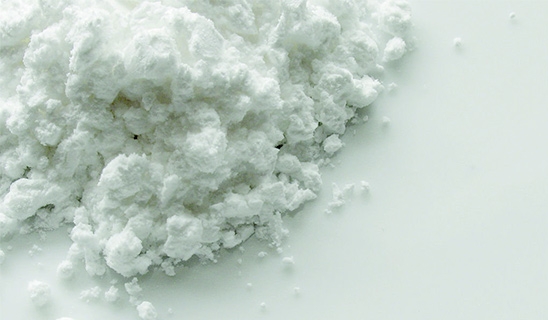
Magnesium Helps in…
- Alleviating gastrointestinal discomfort and disease. Magnesium acts as a coenzyme in the digestive tract, which means it helps break down food and assimilate nutrients into your body. Magnesium also aids in the production of hydrochloric acid in the stomach, and triggers the healthy production of bile in your liver.
- Regulating healthy blood sugar levels. Magnesium deficiency is directly linked to insulin resistance, which in turn can lead to diabetes and other chronic health conditions.
- Maintaining a healthy heart, as the mineral aids in the proper transport of potassium, calcium, and other nutrient ions across cell membranes. According to a 2006 study published in the journal Modern Nutrition in Health and Disease, these nutrients help promote healthy nerve impulses, muscle contraction, and normal heart rhythm.
- Nurturing healthy bones. In fact, roughly half of your body’s magnesium supply is stored in your bones, and magnesium acts with vitamin D to maintain and strengthen your bone structure.
- Detoxifying. Your body’s “master antioxidant,” glutathione, requires magnesium in order to function properly. Heavy metals, environmental chemicals, pesticides, herbicides, and other toxins are inhibited from taking hold in the body when magnesium is present.
- Decreasing your risk of cancer. A study recently published in the American Journal of Clinical Nutrition found that for every 100-milligram (mg) increase in magnesium intake, a person’s risk of developing colorectal cancer drops by about 13 percent.
Hippocrates Pure Food-Grade Magnesium Chloride is available.




